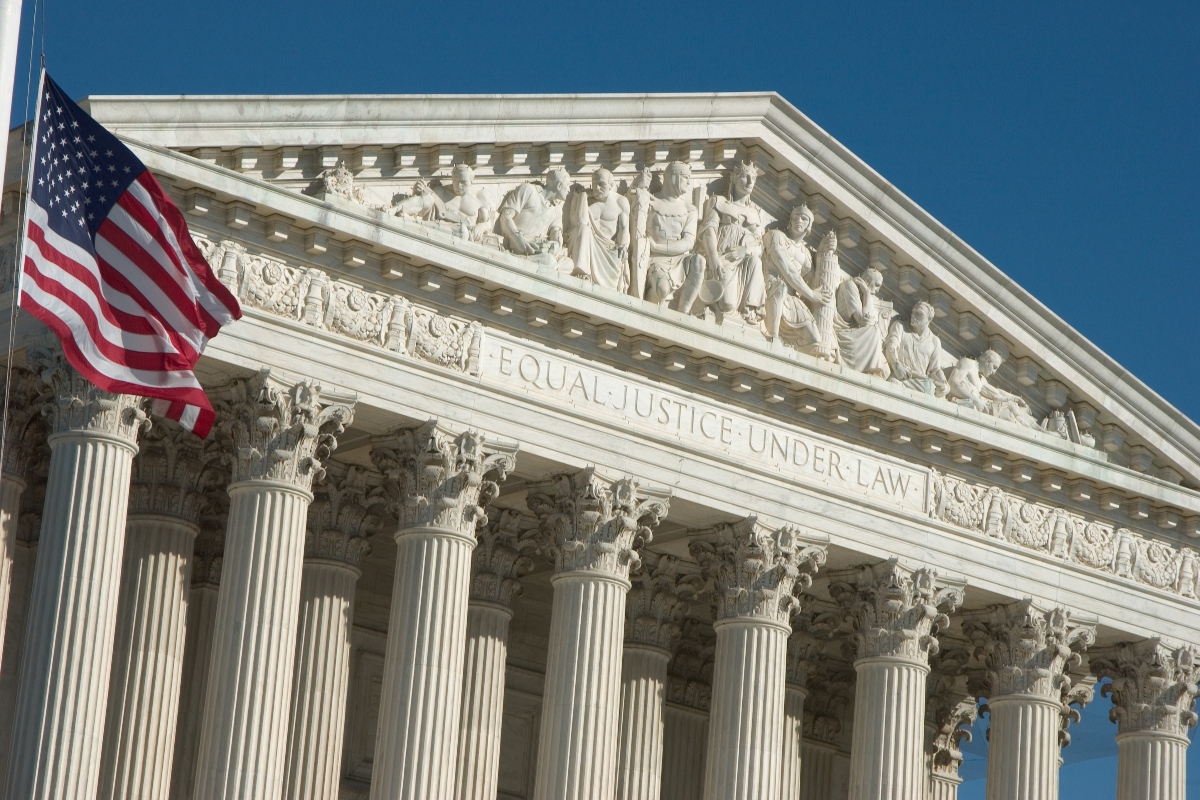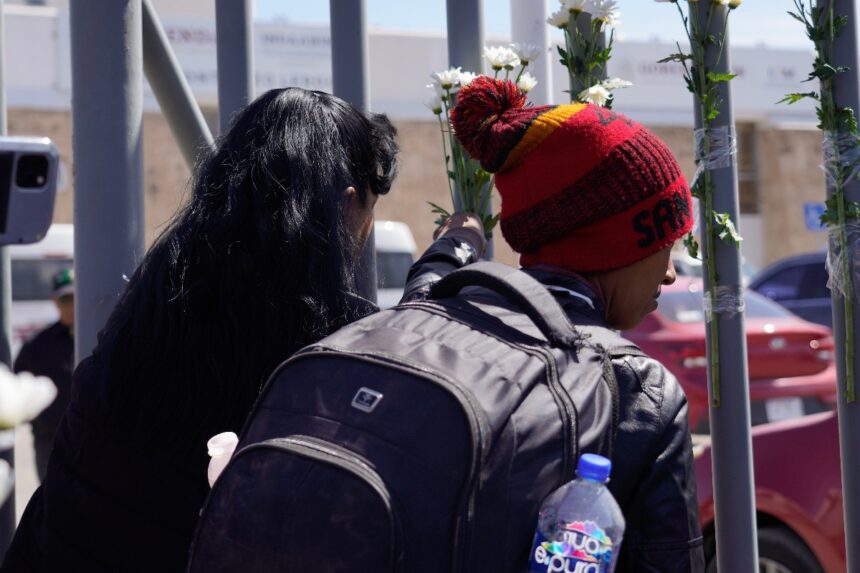In March 2025, President Donald Trump’s administration deported 238 Venezuelan nationals to El Salvador, where they were incarcerated in the Terrorism Confinement Center (CECOT), a maximum security prison known for its extreme conditions.
The measure was based on the Alien Enemies Act of 1798, a wartime legislation rarely used in modern U.S. history.
Details of deportations

The 238 Venezuelans sent to El Salvador were accused by the Trump administration of belonging to the Aragua Train, a transnational criminal organization.
However, investigations by media outlets such as CBS News and ProPublica revealed that approximately 75% of those deported had no criminal record in the United States.
In addition, at least 50 of them had entered the country legally.
The deportation was carried out despite a court order prohibiting such transfers.
Federal Judge James E. Boasberg had ordered the flights stopped and the migrants returned.
However, the White House ignored the instruction, which has generated an ongoing legal battle.
Conditions at CECOT

Upon arrival in El Salvador, the deported Venezuelans were transferred to CECOT, a maximum security prison where they have been held incommunicado, without access to lawyers or family members.
The measure was based on the 1798 Alien Enemies Act
Organizations such as Human Rights Watch have denounced these actions as forced disappearances and serious human rights violations.
The government of El Salvador, led by Nayib Bukele, agreed with the United States to receive the deportees in exchange for financial compensation of approximately $6 million.
Legal and social implications

The deportation of these Venezuelans to El Salvador has generated criticism both nationally and internationally.
Civil rights organizations have filed lawsuits alleging that the deportees’ constitutional rights were violated by denying them due process.
In addition, family members of those affected have reported having no information on the whereabouts of their loved ones since their deportation.
The U.S. Supreme Court has intervened in the case, temporarily barring further deportations under the Alien Alien Enemy Act while the lawsuits are being resolved in lower courts.
This case highlights the importance of Hispanic immigrants in the United States being informed about their legal rights and seeking legal advice when facing immigration proceedings.
For more information, visit QuéOnnda.com.





















